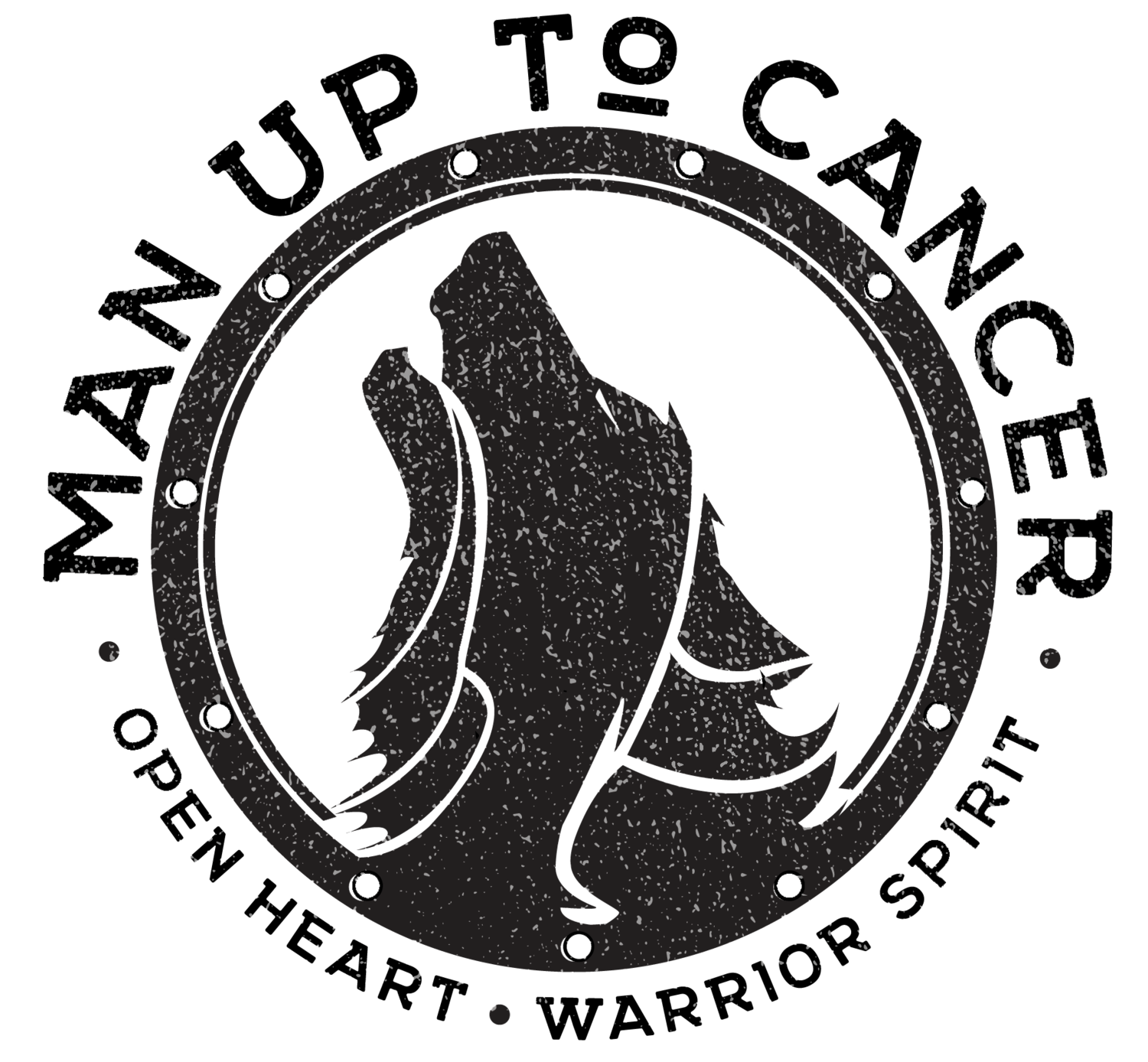MUTC’s Danny Riggs | Male Breast Cancer Warrior
As we continue our Breast Cancer Awareness Month series, we’re honored to share the story of one of our own leadership team members, Danny Riggs, Special Projects Coordinator at Man Up to Cancer. Based in League City, Texas, Danny brings a unique and powerful perspective to his role, drawn from his personal journey as a man living with breast cancer. In this Q&A, Danny opens up about the challenges, insights, and sources of strength he’s found along the way. Read on to hear Danny’s story in his own words.
1. Breast cancer is often associated with women. How did you first react when you were diagnosed, and how has this perception impacted your journey as a man with breast cancer?
I was aware of the possibility of men having breast cancer. When I went to the clinic, which was named “______ Women’s Imaging Center,” I actually chuckled when the receptionist asked if I was there to sign my wife in for her appointment. Since then, I’ve learned to temper my emotional response in most situations and use the shock value as an educational moment. The experience has made me much more aware of many gender disparities that exist globally. My own growth and understanding of how gender bias can impact lives has actually helped me become a better person.
2. Can you describe your experience with accessing healthcare and support as a male breast cancer patient? Were there any specific challenges you faced due to the perception that breast cancer is primarily a women’s issue?
My diagnosis came the same weekend that our world shut down due to the pandemic in March 2020. Seeking support was impossible because everything had moved to the virtual world. At that time, being a man in a breast cancer support group that could only meet online… it felt isolating. I couldn’t find support, so I decided to just “man the f*** up” like I had been raised to do. Suck it up and move on. Get over it. My family and friends were as supportive as they could be from six feet away, but I was truly doing this on my own.
3. How did you share the news of your diagnosis with your loved ones, and how did they respond, knowing that breast cancer in men is less commonly talked about?
I am fortunate to have a family that communicates openly due to our various health-related experiences, backgrounds, and careers. Most of them were already aware, and none of them questioned the diagnosis. At first, they thought our journey would be short, sweet, and over within a year. I don’t think any of us expected the disease to progress. Since my metastasis was confirmed two years ago, we’ve had a lot of ups and downs, and we’re still learning to accept it. Living with metastatic disease—either personally or as a close loved one—is hard. It doesn’t get easier, but through support, we’re getting better at acceptance.
4. What advice would you give to other men who may feel hesitant to talk about their health or seek help for something they don’t think affects men, like breast cancer?
Quit being afraid of what might be and “man up” to what really is. Even if you hear the words, “You have cancer,” you don’t have to be afraid. There will be some scary times, and you will experience fear, but knowing fear gives us the strength to fight unafraid.
5. How has Man Up to Cancer supported you during this time? Can you share how the community or resources from MUTC have helped you through your journey?
I don’t even know where to begin with this. Life with cancer is something people “just don’t get until they get it.” Regardless of what you’re facing today, there’s a man in our private Facebook group who has had a similar experience. And if you’re the first person we’ve met with your particular problem, we’ll surround you and find the solution together. I truly thought I was alone and at the end of hope that anyone would ever understand my life with breast cancer. When Man Up to Cancer found me, I was home. I had finally found my pack. Today, I look forward to every Wolfpack Meet Up I can make, whether virtual or in person with hugs, handshakes, and smiles all around. We’re changing how men go through cancer, and we’re doing it from the heart.


